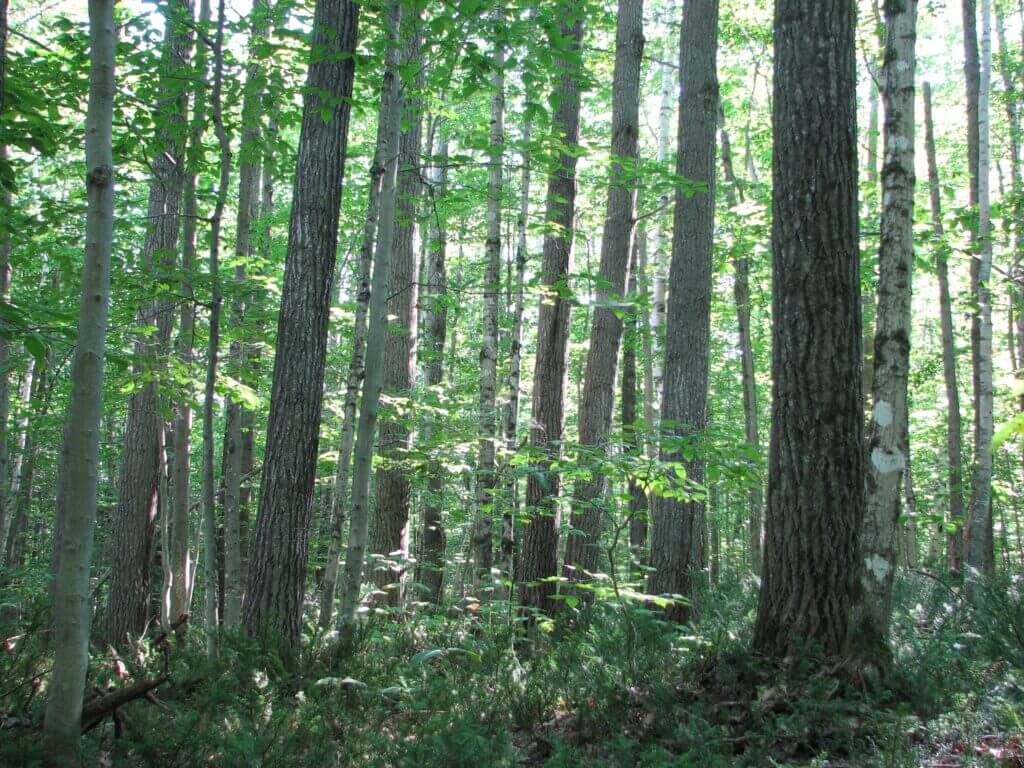Sustainable Forestry Practices Don’t Result in Deforestation

Canada’s commitment in signing on to the Glasgow Leaders’ Declaration on Forests and Land Use during COP26 to end global deforestation is an important one. Over 100 countries, comprising over 90% of the world’s forests, have committed to the efforts and funding to halt and reverse global forest loss and degradation by 2030.
There is some misperception that this agreement will target the forest industry in all signatory countries, but that couldn’t be further from the truth. The agreement also reaffirms “respective commitments to sustainable land use, and to the conservation, protection, sustainable management and restoration of forests, and other terrestrial ecosystems.” There is an important distinction to be made between sustainable forest management and the objectives for reducing net forest loss in the Declaration. These sustainably managed forests are key to helping us achieve a net-zero carbon economy and keeping the global temperature from surpassing a 1.5-degree increase.
In the context of the Declaration, global deforestation is the defined as forest which is permanently lost to other land uses like agriculture, resource extraction, or housing, and in large part in nations without the means for sustainable development. The overarching instruments to achieve real change in deforestation are through policy and process changes that facilitate trade and development, provide financial support, reduce vulnerability, and build resilience for countries to grow through sustainable agriculture, forest management and conservation goals, and support for local and Indigenous people. You can read the Declaration here.
Canada has retained 90% of its original forest cover and its national deforestation rate is among the lowest in the world. According to Natural Resources Canada, deforestation in Canada has declined since 1990 and currently only about 0.5% of forested area is converted for other uses annually, with the vast majority of this being from non-forestry resource industries, urban development, and agricultural lands development. New Brunswick’s forests cover 85% of its landmass. Some of this is protected through conservation or in parks; much of the remainder is sustainably managed by industry to meet the Crown’s management objectives. 100% of Crown forests in New Brunswick are third-party certified. Any harvested forest is replaced by natural regeneration or planting, resulting in no permanent land use change from forest to non-forest.
The Intergovernmental Panel on Climate Change recognizes that the best long-term strategy to combat climate change with forests is to harvest a sustainable wood supply for multiple uses. Healthy growing forests sequester carbon at a rate of about 1 tonne of carbon per cubic metre of wood. Much of this carbon is locked in wood products that can last years or be repurposed or recycled.
Managed forests have a significant role to play in the fight against climate change, and New Brunswick will continue to benefit from its sustainably managed forests.
Kim Allen
Executive Director
